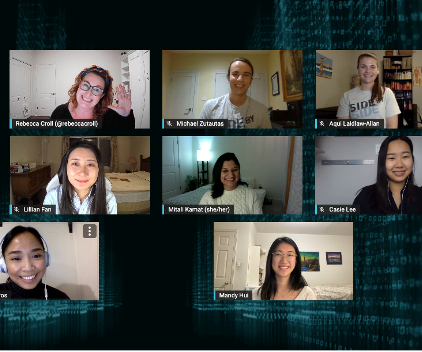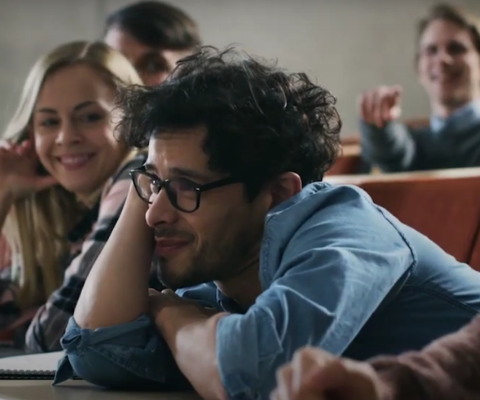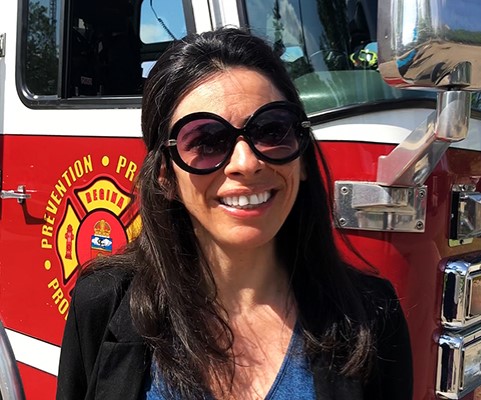L’innovation en arts libéraux
Texte sur l’écran : [Innovation in the liberal arts]
Santa Ono, president, University of British Columbia :
I am, as a scientist but now as a university administrator, an advocate of the liberal arts imperative, that although we’re moving to an increasingly STEM-oriented economy, I believe that the liberal arts are more important than ever, and so it should not be STEM, it should be STEAM, with A standing for the Arts.
Sara Diamond, president, OCAD University :
We’re looking at a world where what was traditionally science is now combining with humanities, and this is an incredibly exciting new field that we need to be globally competitive, to be able to have an inclusive world, and to find solutions from our past, for example.
Kim Sawchuk, professor, Concordia University :
With the liberal arts educations that students are now receiving, it’s also connected to changes in the digital world. So a lot of digital humanities programs have come through the kind of flexibility and training that students, I think, get as a result of liberal arts.
Alan Shephard, president, Concordia University :
I mostly was in a world of lectures when I was a student. They lectured to us, we took notes, we wrote exams, and that model has dissolved and been rebuilt over the last – last quarter century. Really in the course of my career I’ve watched humanities profs teach very differently now.
Catherine Nadon, professeure, Université du Québec en Outaouais :
Je pense que rendre l’apprentissage authentique avec des tâches qu’on dit authentiques, je crois que c’est une clé. Bien sûr on veut sensibiliser l’étudiant à son rôle de futur citoyen, donc on veut non seulement le mettre dans des tâches actives, mais on veut aussi qu’il s’investisse socialement, qu’il soit amené à réfléchir à son futur rôle.
Sara Diamond, president, OCAD University :
I think we’re at a very exciting moment for young people where it’s not only about traditionally engineering and science. Those are very important fields, but even in those disciplines, we need to approach them with human knowledge.
Texte sur l’écran : [Logos bilingues d’Universitiés Canada et de la Fédération des sciences humaines]
Des recteurs et des professeurs discutent de la multidisciplinarité, de l’interactivité et des expériences concrètes qui font aujourd’hui intégralement partie de la formation en arts libéraux.
*Dans la vidéo et sa transcription, le français et l’anglais sont utilisés en alternance.
Catégorie : Recherche et technologie



